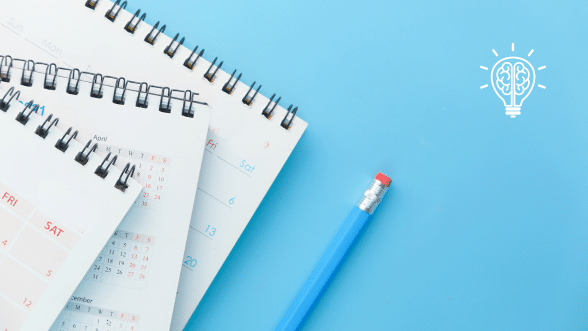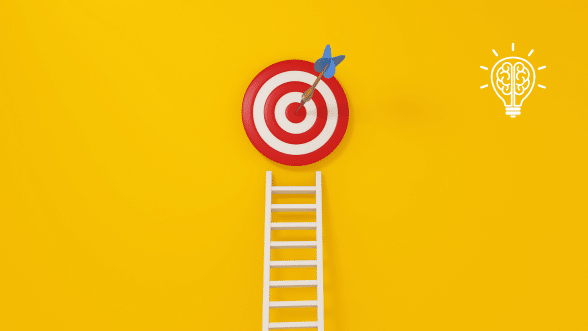
Executive Functioning Skills in Holidays:
The holidays can be overwhelming for anyone, but for people with ADHD or other executive function disorders, the hustle and bustle of the season can be especially challenging. While this time of year may never be entirely stress-free, there are some techniques you can use to successfully cope with holiday stress.
The Difficulties of Effective Holiday Stress Management
For people with ADHD and similar disorders, functions like task completion, organization, and time management are already difficult. ADHD is also linked to challenges with impulse control and emotional control. Since there are often many more responsibilities leading up to and during holiday celebrations, the demands can leave you feeling more stressed than usual, as well as mentally and emotionally overwhelmed.
Stimulating social events, long to-do lists, and even activities that are supposed to be fun can become draining. Having so many tasks to do can make you feel as if you’re spreading yourself too thin.
There’s also more of a mental burden to carry as you try to remember everything you need to do. This high level of mental demand can impede memory and interfere with brain cell production. It’s no surprise that even if you manage your ADHD effectively most of the time, the holiday season brings unique pressures that can make you feel as if you’re lacking control.
5 Holiday Stress Management Tips for People With ADHD
Fortunately, you have several effective holiday stress management strategies you can use to ease the burden of this demanding season (and maybe even enjoy some of the special moments it brings). Here are some holiday stress tips to consider if you have ADHD or another executive function disorder.
1. Maintain Your Normal Routine
There will be more to do than usual this time of year, but aim to keep up with your regular routine as much as possible. Routines help people with executive function disorders thrive, so stick to the regimen that gets you through the rest of the year. This could include exercising, having meals at certain times, or practicing other daily rituals.
2. Plan in Advance
Last-minute tasks are particularly stress-inducing, so plan everything in advance that you can. Not only does this include scheduling gatherings ahead of time, but also making lists for items you need to get (such as gifts and groceries), as well as tasks you’ll need to complete (like cleaning and cooking). This is a great time to think back to the time management skills you might have developed as a kid or begun implementing to stay on top of tasks at work.
Once you have your lists prepared, use tools like calendars, alerts, and reminders to keep track of everything. There are plenty of apps available that can help you break big tasks into more manageable increments, help you manage and recall information, and check in with your feelings to help you through the busy season.
3. Prioritize
Holiday FOMO is real, but there’s simply not enough time to enjoy all the festivities offered. Consider what’s most important to you and your loved ones. It could be a certain holiday tradition, event, or gift giving. Make time for those priorities, and feel free to decline invitations that don’t fit into your schedule. Planning virtual visits and scheduling get-togethers after the holidays are both ways to compromise and give yourself something to look forward to later.
4. Communicate and Delegate
Being aligned with the people closest to you is another way to feel in control when life gets busy. Make a point to check in with your partner, a friend or roommate, or other family members regularly to discuss upcoming events, tasks you need to tackle together, and—most importantly—how you’re feeling. Remember you can’t do it all alone, so delegate errands and chores to your support network when possible.
5. Practice Self-Care
Finally, check in with yourself, too. Take note of your ADHD symptoms, whether you’re having difficulty concentrating or feeling irritable, and prioritize self-care when you notice them. Find ways to incorporate self-care activities into your day for a healthy stress outlet. Go to bed earlier, book a spa service if it fits into your budget and schedule, or make time for a nice long walk outside.
If your self-care tips aren’t working as well as they usually do, don’t hesitate to reach out for help. A coach or mental health professional can help you develop new techniques and thought patterns for dealing with temporary stress. Executive Functioning Skills in Holidays.





